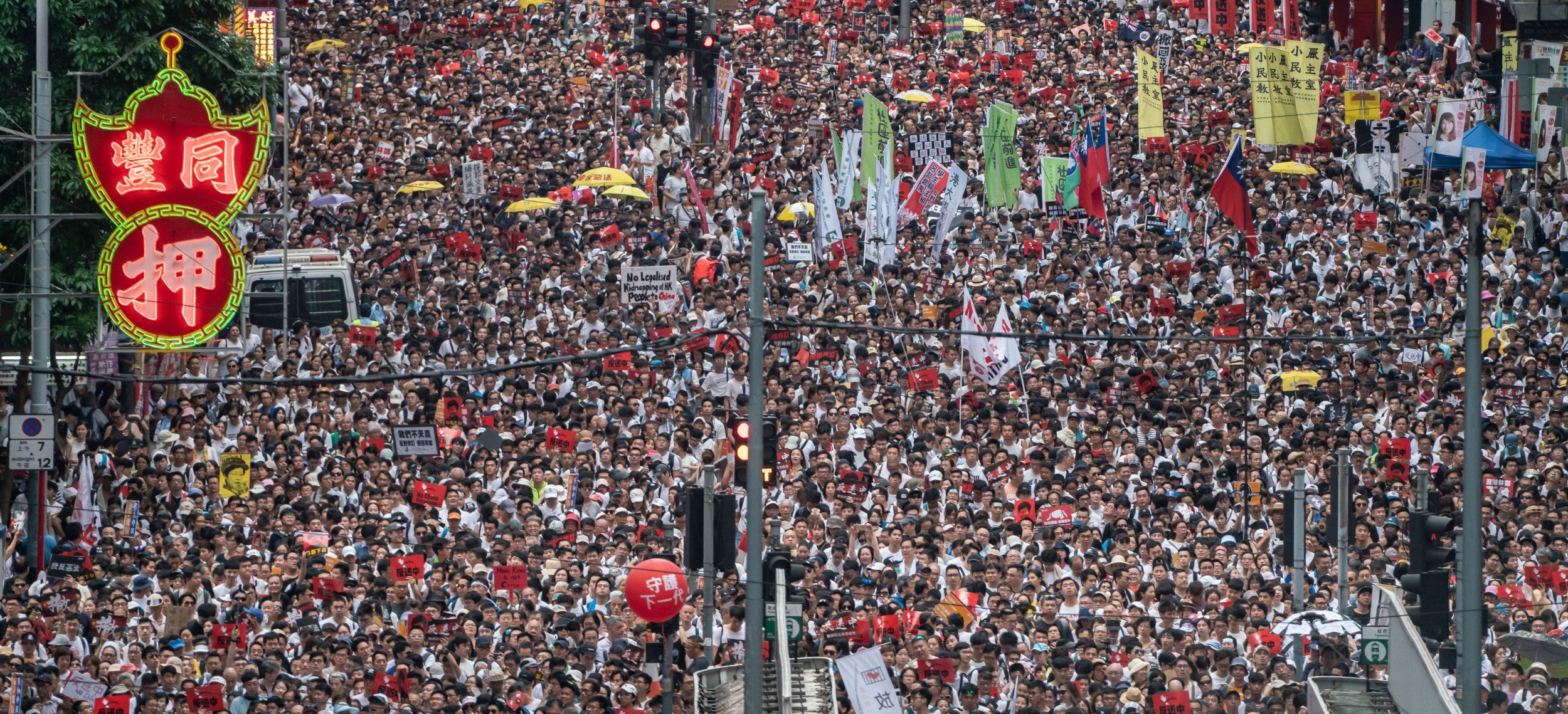

Oct
Too many Western observers make the mistake of assuming that just because China is run in a manner they consider authoritarian, it is somehow immune to social tensions. This attitude is short-sighted at best because whether we are talking about authoritarian regimes where it seems those in charge have everything under strict control or let’s say Western societies with centuries of prosperity correlated with freedom under their belts and where everything seems to be running smoothly, human nature remains… well, human nature.
From simple protests to large-scale civil unrest, social tensions inevitably emerge once the right set of circumstances present themselves. Yes, it is true that “China is different” but it’s most definitely not different in the form of some kind of immunity to human nature, not at all. Social tensions do represent a dimension worth analyzing but, indeed, triggers/causes and manifestations can differ compared to let’s say Western societies.
Yes, citizens tend to be more “trigger-happy” in the West.
Or, in other words, prosperity coupled with a solid track record of respecting human rights (with the right to free speech in the spotlight in our case) bring about a climate in which the average Westerner tends to be far more willing to complain in a remarkably vocal manner than the average Chinese citizen. And when it comes to prosperity, the education dimension represents perhaps the number one variable in this equation. To put it differently, the more prosperous and especially educated a population is, the more it knows where and when to draw the line. In this respect, the average person in China still has a lot of catching up to do.
To keep things organized, here are a few reasons why, indeed, the Chinese are less “eager” to manifest themselves in a way that generates social tensions:
- Fear, plain and simple. While an authoritarian regime cannot create a system which guarantees zero social tensions, it is true that if the general population is afraid, it is more likely to let’s say know its place. To inhibit the desire to protest, for example. As such, social tensions do end up being bottled up more so in China than in the West
- Tremendous economic progress. While the average person in China is still nowhere near as well off as the average Westerner (as illustrated by the striking discrepancy between nominal and per capita GDP levels), tremendous progress has been made in a relatively low time span. As such, a person who used to live in extreme poverty let’s say 40 years ago will most likely not rush to the streets just because his life is far from perfect nowadays because even this “far from perfect” is light years ahead of the gloomy status quo of the past decade(s)
- Lack of education. At the risk of sounding somewhat politically incorrect, it is difficult for thought currents which are conducive to social tensions to emerge when the population is still largely illiterate in many regions. Think of it as Maslow’s hierarchy of needs, with many in China still struggling with the very basics of life (food/water and shelter) and not being ready (or intellectually prepared just yet) to tackle “bigger picture” topics
At the same time, however, we need to realize that on the opposite end of the spectrum, we can find quite a few reasons why China is a “ripe” candidate for social tensions:
- While fear can act as a deterrent, it can also lead to a lot of let’s call it negative political energy being bottled up. As such, something that seems to be working in favor of the authorities can easily end up working against them eventually because when that energy finally erupts, the compounding effect can be devastating
- The combination between poverty and inequality, which can be quite deadly, as any sociologist worth his salt can confirm. Once again, human nature is at play. For let’s say a Western China citizen, it is bad enough that his economic situation is poor, knowing how much better other Chinese citizens have it (the Beijing/Shanghai bourgeois, for example) adds gasoline to fire and brings about a climate that can give birth to social tensions under the right set of circumstances
- While for many regions of China, education is still strongly sub-par, progress is being made in this department as well and as time passes, one cannot help but observe that the population of China is becoming better and better-educated. While this is great for the economic future of China, it is also something that can bring about social tensions, as an educated population is far harder to keep on a short leash politically and therefore, political movements originating from this reality are to be expected
As can be seen, there are many “Chinese realities” in any social tension-oriented analysis but the bottom line is this: believing that China is somehow immune to social tensions is downright imprudent. While this variable cannot and should not constitute the star of the show when it comes to your overall China analysis, it needs to be included in your arsenal, with China-related subtleties added to the mix. When it comes to just that, working with a team of consultants who have been around the proverbial block as far as China is concerned would perhaps be a wise idea. With an active presence in China for over a decade, the ChinaFund.com team is at the disposal of investors who are serious about meaningfully “getting” China rather than limiting themselves to a superficial analytical framework.
